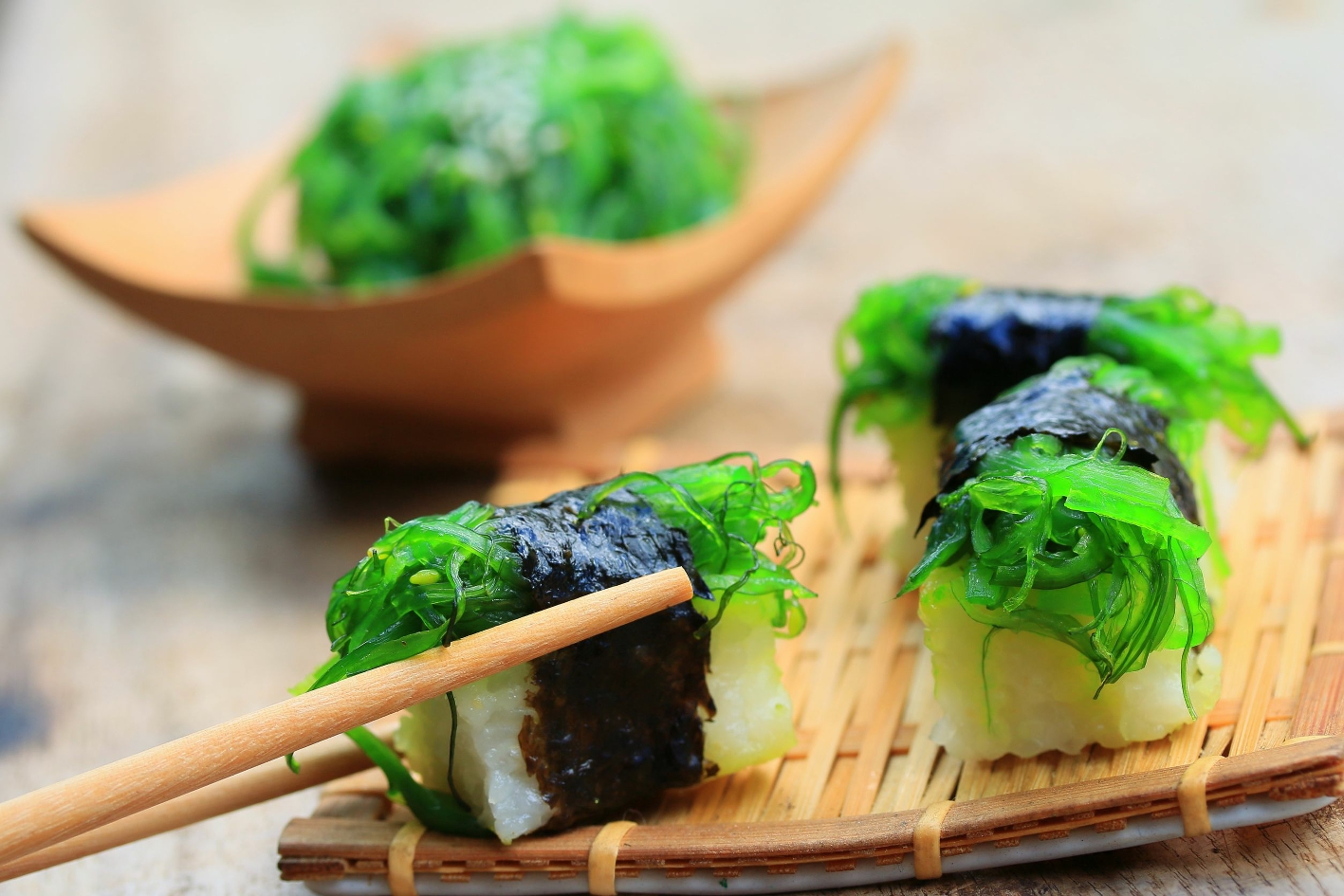
Nature's versatile marine resource
" its role in fostering a healthier planet and supporting human well-being is becoming increasingly evident "
Seaweed, a diverse group of algae found in marine environments, plays a crucial role in the health of ocean ecosystems and offers numerous benefits for humans. These aquatic plants, ranging from tiny phytoplankton to large kelp forests, are vital for marine life and possess remarkable properties making them valuable for various industries.
Seaweed serves as the foundation of many marine food webs, providing a primary source of nutrition for countless marine organisms, including fish, invertebrates and even some mammals. Kelp forests, one of the most well-known types of seaweed, create underwater habitats that support biodiversity by offering shelter and feeding grounds for numerous species. Seaweed contributes significantly to carbon sequestration. Through photosynthesis it absorbs large amounts of carbon dioxide helping to mitigate climate change by reducing greenhouse gas levels in the atmosphere.
For centuries, seaweed has been a staple in coastal communities’ diet, particularly in Asia. Rich in essential vitamins and minerals such as iodine, calcium and iron, seaweed provides a nutritious addition to meals. It’s an excellent source of dietary fibre, omega-3 fatty acids and antioxidants. The variety of seaweed, including nori, kombu and wakame, allows for its addition to many dishes, from sushi to soups and salads, enhancing both flavour and nutritional content.
Beyond its ecological and nutritional benefits, seaweed is increasingly recognized for its potential in various industrial applications. It is a sustainable resource for producing biofuels, biodegradable plastics and natural fertilizers. The gelatinous substances extracted from seaweed, such as agar, carrageenan and alginate, are widely used in the food industry as gelling agents, stabilizers and thickeners. These compounds find applications in pharmaceuticals, cosmetics and biotechnology, demonstrating seaweed’s versatility and economic value.
Seaweed farming is an environmentally sustainable practice that requires no freshwater, fertilizers, or pesticides. It can enhance water quality by absorbing excess nutrients, such as nitrogen and phosphorus, which are often pollutants from agricultural runoff. This ability to improve coastal water quality makes seaweed cultivation an attractive option for supporting marine conservation efforts and promoting sustainable aquaculture practices.
Seaweed is a remarkable marine resource with multifaceted benefits. Its ecological significance, nutritional value and diverse industrial applications underscore the importance of protecting and sustainably utilizing this vital ocean treasure. As research and innovation continue to uncover new uses for seaweed, its role in fostering a healthier planet and supporting human well-being becomes increasingly evident.
Prepared by a Chaîne News Online Staff Writer
Researched from various sources. E&OE